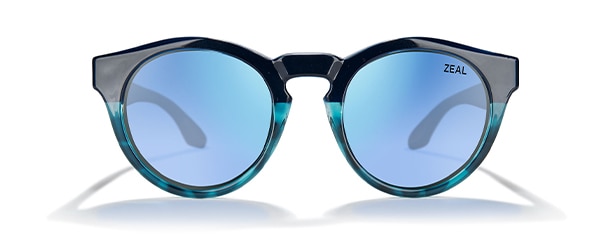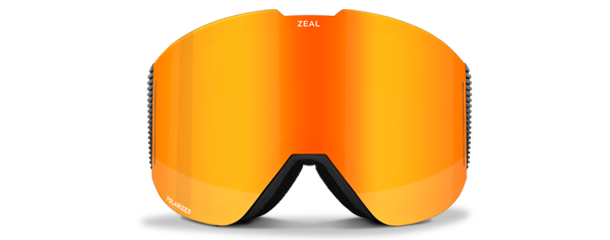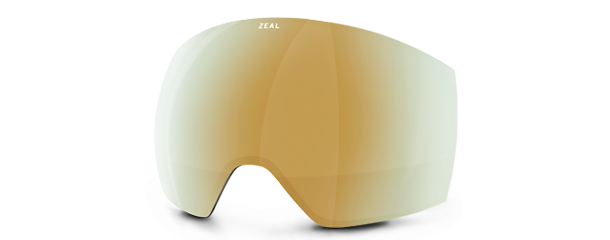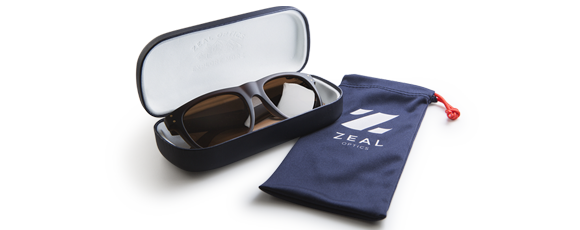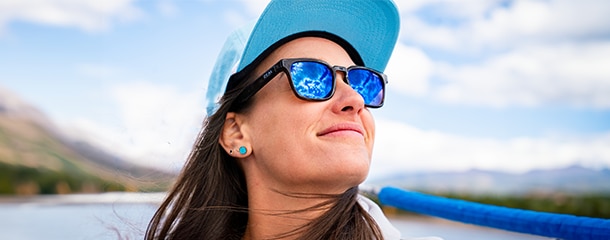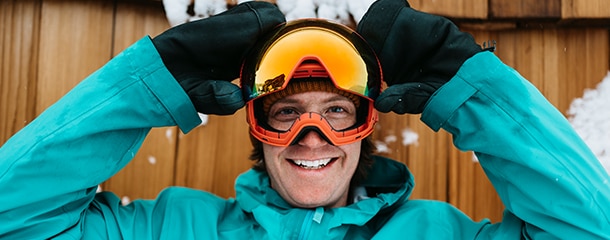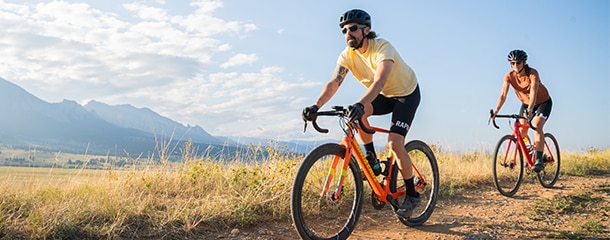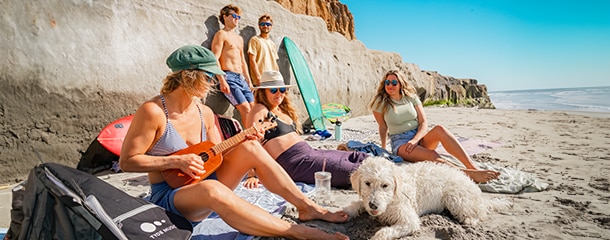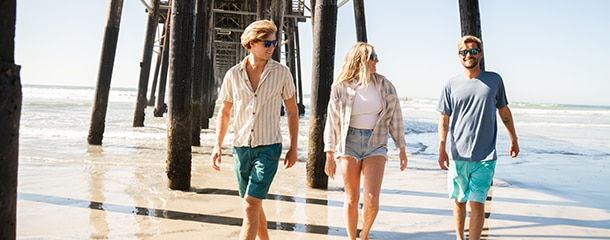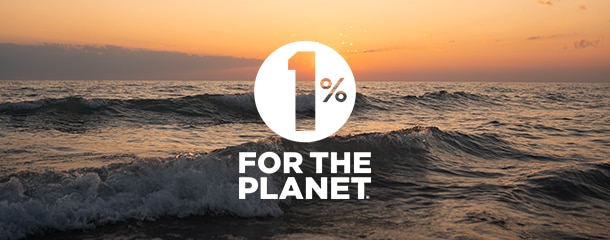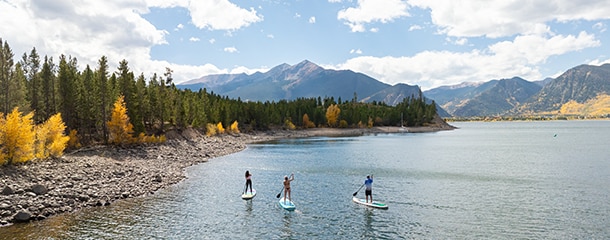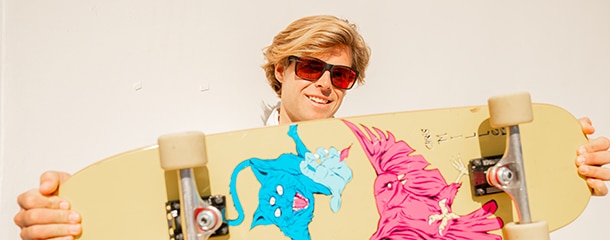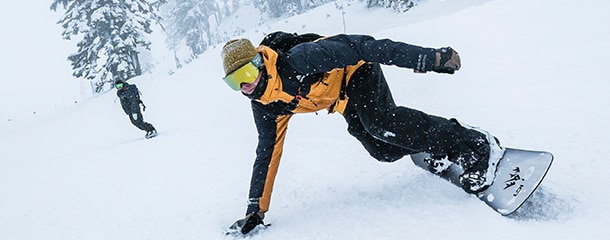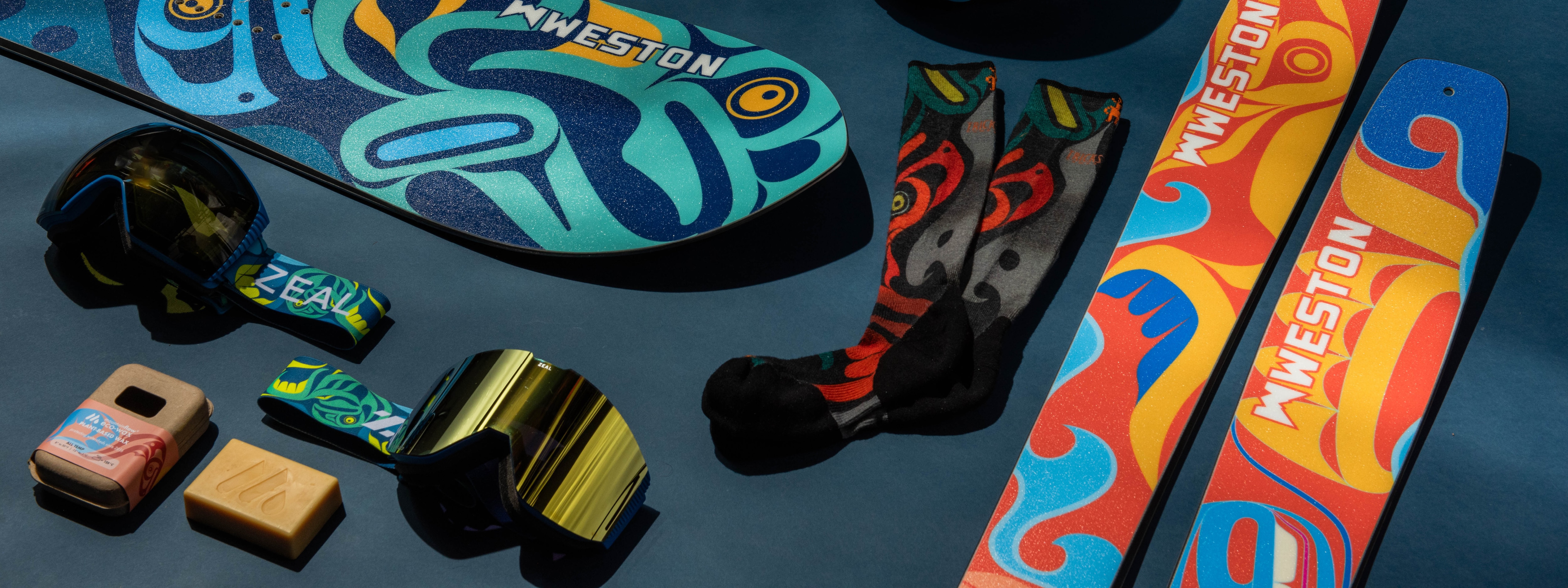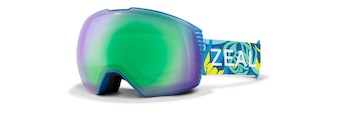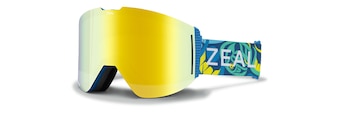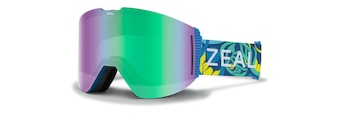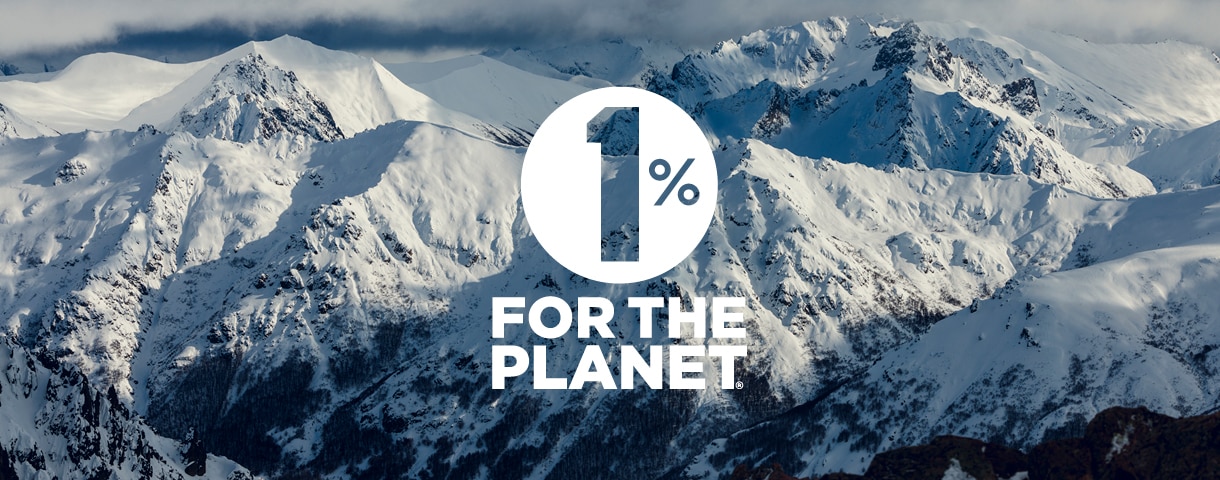t h e s a l m o n w a y o f l i f e -
X á a t K u s t e e y í
For the Tlingit of Southeast Alaska, culture revolves around the land and its resources. The Tlingit believe that when they take care of the land and its inhabitants, the land in turn takes care of them. This concept is often summarized with the Tlingit phrase Haa Aaní, which means “Our Land”.
There also exists a cycle known as Xáat Kusteeyí (hut-koost-ee-yee), or "Salmon Way of Life" in English. The forests and waterways that shelter salmon runs provide an abundance for the Tlingit and Alaskan people, and are a resource to be respected. For the Tlingit people specifically, animals are viewed as members of the same social universe as the people beside them. These relationships to nature are reflected in art, dance, stories and crests. Xáat Kusteeyí, as an extension of Haa Aaní, focuses on utilizing salmon respectfully and sustainably. By protecting the salmon and its habitat, the salmon provide people with sustenance in return.
The Haa Aani Collection

The Haa Aani Alliance was formed by Weston Backcountry, mountainFLOW eco-wax, Pret Helmets, Smartwool, and Zeal Optics. Five purpose driven mountain brands that understand that while we may live and play in the headwaters of magnificent watersheds, that everything is downstream from us. If we all take stewardship of our ecosystems and our impacts on them, we can keep these life-giving arteries feeding our ways of life for generations to come.

The Artist: Crystal Worl
For Crystal Worl, the Tlingit artist whose art inspires this collection, growing up in Southeast Alaska with her grandmother, days were spent harvesting traditional foods. Crystal and her people’s endurance comes from the land on which they hunt, fish and live a subsistent life.

Finding Balance
Since time immemorial, indigenous people have developed a balanced and reciprocal relationship with the environment while adapting to the times. By stewarding the Salmon Way of Life, they ensure an abundance of resources for today and future generations of people and wildlife.

Protecting Salmon Breeding Grounds
The unifying goal of this project is to protect free-flowing rivers and salmon spawning grounds that are critical for both humans and ecosystem preservation and in keeping with the spirit of Haa Aani and the Salmon Way of Life, Xáat Kusteeyí. We have partnered with three non-profits that solely focus on these issues: Yukon Salmon, Wild Salmon Center and the North Atlantic Salmon Fund, and will donate $5 USD from the sale of every Haa Aani goggle to ensure the project's impact.

For over 30 years, Wild Salmon Center (WSC) has worked with local communities to protect the Pacific Rim’s best remaining wild salmon and steelhead watersheds—places called strongholds. When wild salmon runs are healthy and strong, we can rest assured our rivers, forests, and wildlife are healthy as well. As threats from climate change and development accelerate across the North Pacific, WSC remains grounded in its mission: to sustain wild salmon and the human communities they support. WSC accomplishes our work by stopping threats from large-scale development, mining, and logging; using science to inform land and water use policies, improving wild fish management, and restoring streams and rivers for wild fish.

The North Atlantic Salmon Fund (NASF) is a leader in Atlantic salmon conservation, bringing together an international network of volunteer-led affiliates across the North Atlantic, from Norway to the United States. From fighting the expansion of open net pen salmon farming, to closing unsustainable in-river fisheries and protecting sensitive habitat, NASF continues to fight for Atlantic salmon on numerous fronts.

The Yukon River is home to the longest salmon migration in the world. These salmon provide key dietary and cultural support for over forty-two rural Alaskan villages. For many families, the commercial salmon harvest provides the only means of income, and salmon provides a primary source of food for humans and the sled dogs that are integral to their subsistence way of life. YRDFA was created in 1990 to conserve these salmon runs by giving a voice to the people who have managed the resource for thousands of years.


